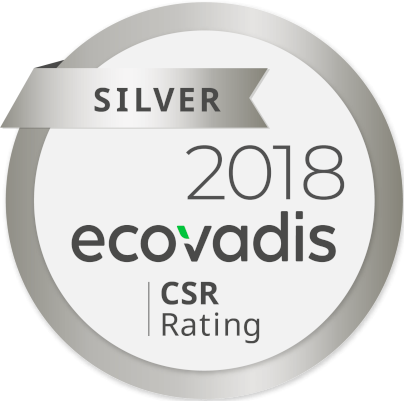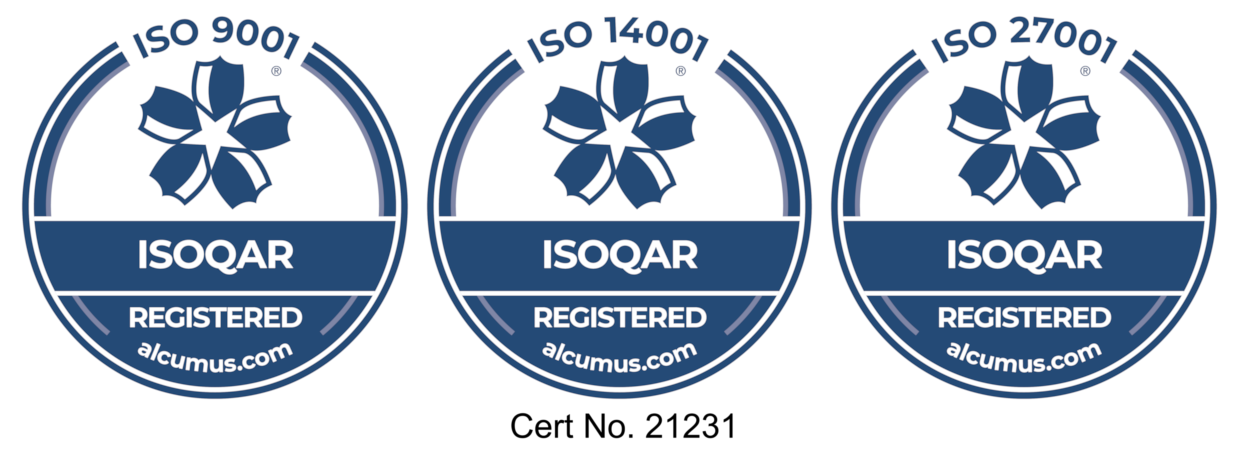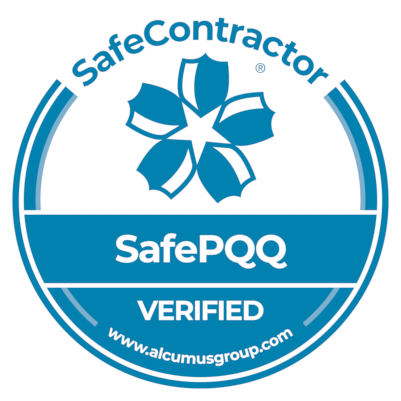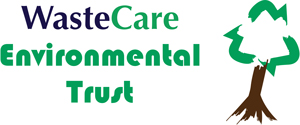Like the fridge mountain in 2018 we are now experiencing a growing backlog of waste aerosol cans awaiting recovery. Despite a growing recycling sector, for far too long the UK has failed to keep up with sufficient investment to meet demand.
As with many industrial sectors Britain seems reluctant to put sufficient money into new technologies and improving productivity. The recycling sector has all too often turned to other countries to treat our waste. With countries in the Far East and Europe now closing their doors to our waste and countries in Africa, as well as India, now refusing to be a dumping ground for our waste, the chickens are coming home to roost. While thousands of tonnes of contaminated plastics and cardboard have now been redirected to waste to energy outlets both at home and abroad, aerosol cans present a unique challenge.
Firstly, there are many types of waste aerosol can, with a number of types of often hazardous propellants and complex chemical substances. It is often difficult to determine what might be inside an unwanted aerosol can. Propellants, such as flammable hydrocarbons Nitrous Oxide and CFCs as well as substances containing isocyanates, allergens and persistent organic pollutants (POPS) present a challenge for safe treatment and recovery.
With overseas routes all but closed to waste aerosols the UK has simply insufficient capacity, today, to cope with the current recycling demand. Thousands of rusting pressurised cylinders are mounting up across the country. More aerosols are being lost through the general waste creating their own dangers, not to mention the environmental consequences of escaping propellants and liquids. Unsurprisingly, the few treatment routes that exist in the UK are rationing capacity and hiking gate rates.
There is clearly a need for more UK treatment capacity. The technology exists and plant capable of treating 2,500 tonnes a year of aerosols costs around £2 million. Clearly the plant cannot be adapted to handle anything else. So, as has happened all too often, the glut of feedstock today could soon dry up as treatment capacity exceeds supply. With little to no prospect of importing additional feedstock recycling companies are reluctant to commit to the investment. A further challenge is that it can take longer to obtain a licence to operate such a complex plant than it takes to commission the build. Having a plant idle whilst waiting indeterminately for a licence to operate is another reason investors are reluctant to take the plunge.
Before the aerosol volcano blows with daily news stories of exploding aerosols and fly tipped cans, one company has a practical solution.
Pressure on treatment charges
Until the demand and supply balance is re-established, some recyclers will take the opportunity to significantly increase the prices charged for safely treating waste aerosols over the underlying treatment cost. We hear, some companies have trebled charges overnight. It doesn’t need to be like this.
WasteCare have committed to make the investment in plant necessary to meet current demand and a capability to handle over 95% of variant waste product. Currently, WasteCare expects its new capacity will come online in quarter 1 next year, subject to obtaining an Environmental Permit.
In the meantime, WasteCare are committed to not increase treatment charges in the intervening year.
On-site storage
WasteCare already provides UN approved vented storage drums to safely hold most types of aerosol can. Known as ‘Can-Cans’, these are priced at £28 each and are reusable. WasteCare is able to offer existing clients a storage service for aerosols in vented storage drums at £6.50/month.
On-site treatment
WasteCare are offering producers a proprietary American unit that manually processes 60-100 aerosol cans on a simple monthly rental of £85/month. WasteCare are already capable of providing a zero to landfill solution for collecting and treating the metals, plastics and chemicals recovered in the process. For producers of aerosol products no treatment licence is needed to operate this mobile unit.
WasteCare are also launching a mobile service for processing aerosols at client’s premises. We need to act now if we are going to avoid the volcano of aerosol cans hitting the news!
For further details on WasteCare’s range of treatment services for all type of pressurised cylinder visit: www.wastecare.co.uk/aerosolcare





